Fasting during Lent: On our way to Easter
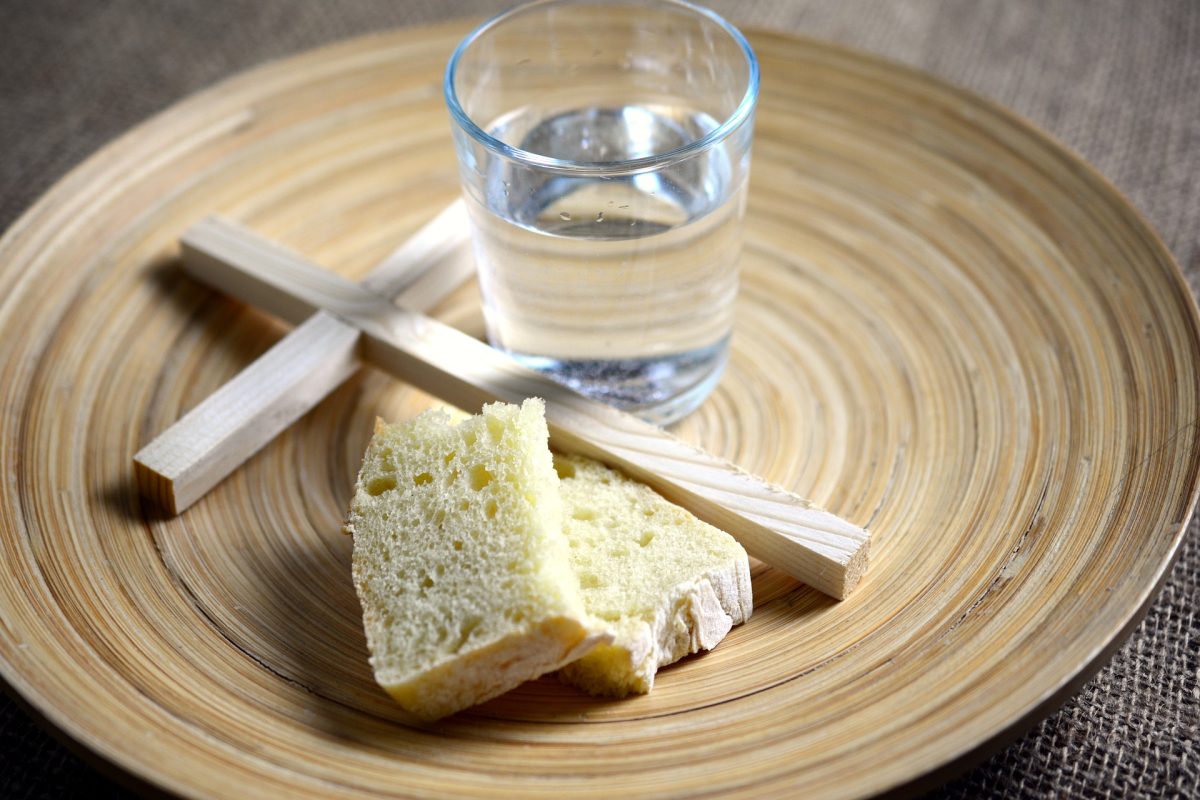
In this article, we will be focusing on fasting during lent. We will discuss the following points: the reasons we fast, which foods to avoid, and how researchers back this up scientifically but also their warnings. Finally, we try to answer one of the most confusing questions in the world of fasting and we end with giving you links to our favorite Easter and Spring Blog Articles.
The biggest and strictest period of fasting is the one that starts on Clean Monday, leading us to Easter. The name Clean Monday is because it signifies the spiritual and physical purification of Christians, who in ancient times strictly observed the 48-day fast, until Easter Sunday.
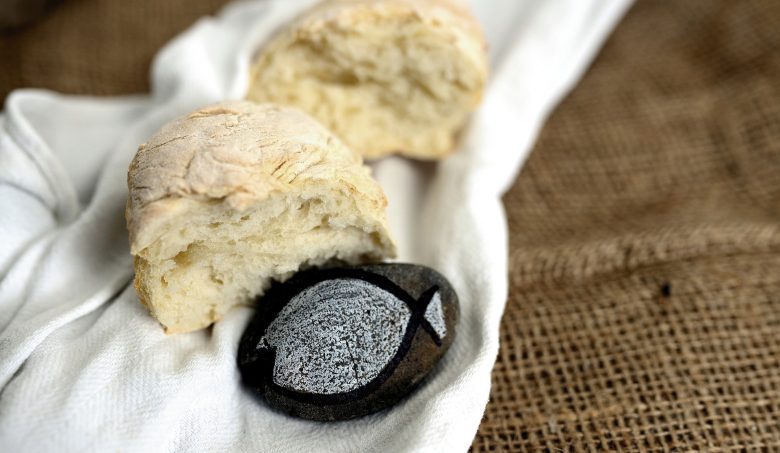
Reasons we Fast
Fasting in general, but especially that of Lent, was established for a couple of reasons. The first reason is exercise. Fasting is an exercise; it is not an end in itself. It is done to empower ourselves by depriving him of what he usually consumes without thinking much about it. This is how it is considered that we learn to resist anything “evil”. If we manage to stay away from the pleasures of food then we can resist other “evil” challenges. The second reason for establishing fasting is that it expresses our repentance but also the unity of Christians since everyone follows it, for the same purpose. Strict fasting is recommended by the Orthodox religion for at least 180 days a year, i.e., 48 days until Easter, 40 days at Christmas, and 15 days on the 15th of August. However, we also should fast every Wednesday and Friday, etc.
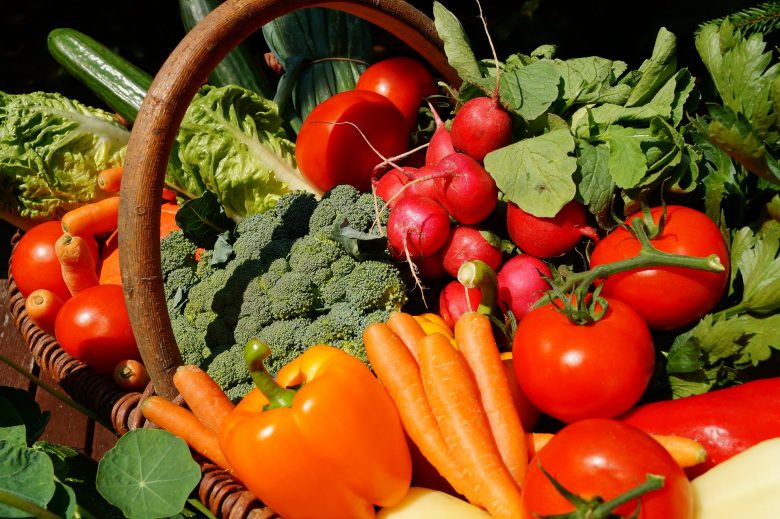
The Foods we do and don’t avoid
We should avoid meat, eggs, and dairy products during fasting. However, we should eat legumes, fruits, vegetables, greens, bread, seafood, potatoes, some wine, with food, and occasionally some fasting dessert, such as halva. However, every Wednesday and Friday, the church forbids oil, except for the Christmas fast. Finally, we should avoid fish too. In particular, fish is allowed only on March 25 and Palm Sunday, while olive oil is only on weekends.
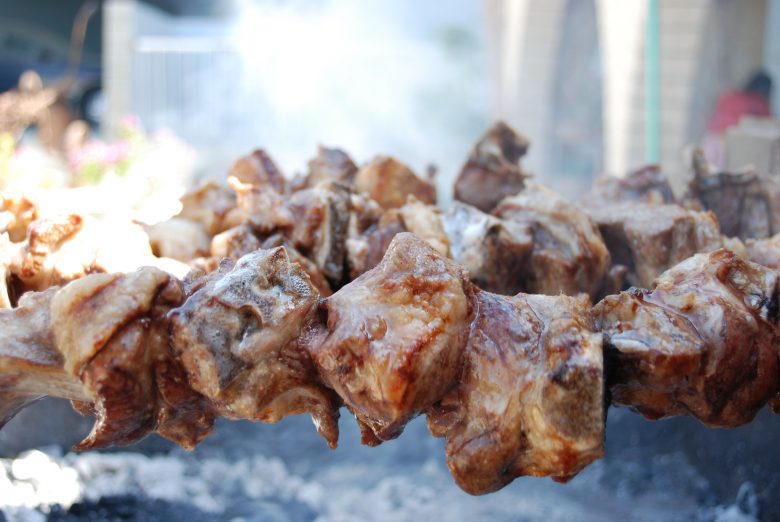
Scientists in Favor of Fasting
Apart from the ecclesiastical data, however, there are also scientific ones that advocate favor of fasting. Studies by the Department of Preventive Medicine and Nutrition of the University of Crete have shown that those who fast 180 days a year have 12.5% lower total cholesterol and 20% lower «bad» (LDL) cholesterol than non-fasting people. At the same time, those who fast have less oxidative stress, which can be a generative cause of atherosclerosis, cancer, and degenerative diseases of the nervous system, such as Parkinson’s disease and Alzheimer’s disease.
Of course, in reality, there are few today who fast for days, while those who fast occasionally, 10-15 days a year, according to studies, show an increase in their cholesterol because after the end of fasting they overdo it with food.
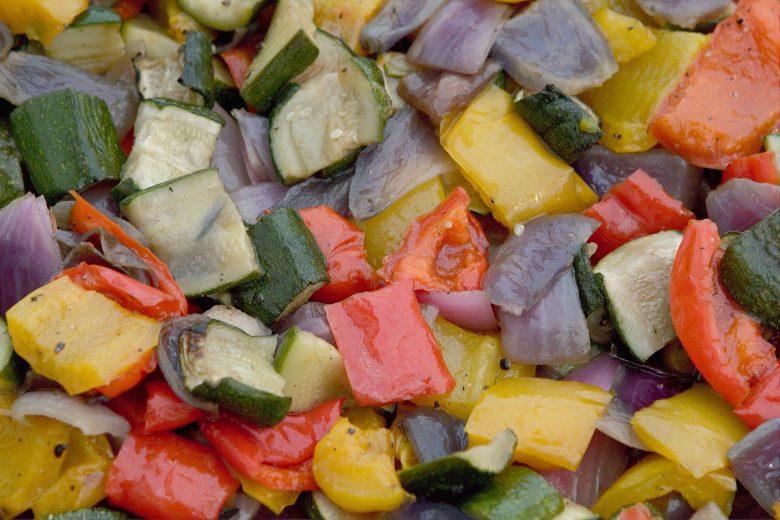
Monitor Fasting
However, we must not ignore the fact that long-term fasting also has disadvantages. Since the consumption of dairy products is avoided, the levels of calcium in the blood are reduced, which must be supplemented with increased consumption of milk, yogurt, and other products containing calcium, during the intervals of fasting. In addition, if one does not take the necessary measures, there may be a protein deficiency.
Fasting, experts say, is not a diet or a means to lose weight, but a diet that is quite similar to the Mediterranean diet that we all know is one of the healthiest diets in the world. However, precisely because it requires long-term abstinence from dairy products and meat, groups of the population who are in need of calcium and protein should not follow the fast.
Remember that good sources of calcium during the fasting period are nuts, broccoli, halva, sesame, soy milk, and green leafy vegetables. Sources of protein are peas, lentils, and legumes in general, but also sesame and its products, halva and tahini.
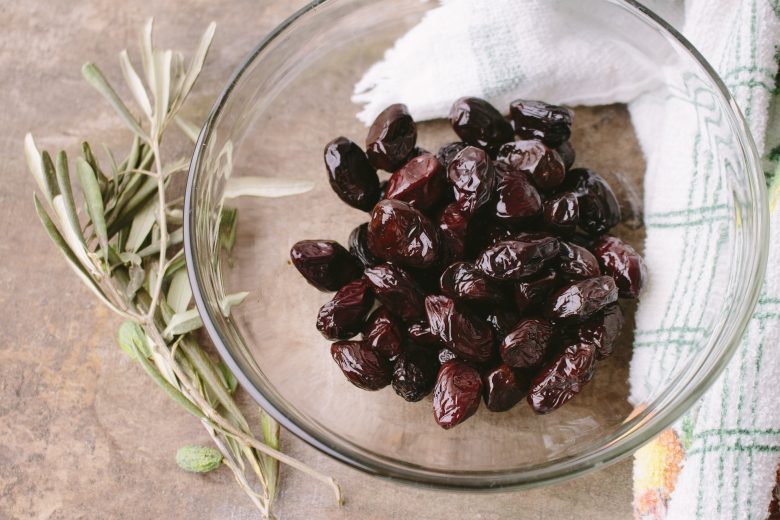
Why in times of fasting do we fast oil and fish but eat olives and roe?
The old way of fasting consisted of complete abstinence from food or dry eating. However, this is not viable during long periods, due to difficult living conditions or lack of zeal. Therefore, the church found a way to reconfigure the ways of fasting so all believers can practice it.
In ancient times Christians after the ninth hour (3 pm) of the fasting days ate only water and bread. Gradually, however, they reduced the duration of complete abstinence from food. Furthermore, they began to eat other types of food, such as fruits, legumes, shellfish, mollusks, and so on.
In this context, we can more easily understand why we eat olives on days when we do not eat oil, and roe on days when we are fasting from fish. For the first, we can cite the reason that olives are a fruit, while the “ban” on oil applies to foods prepared with oil. For the second the excuse is less reasonable since the same does not apply to milk or eggs. Nevertheless, they are also forbidden during our fasts.
Indeed, this question is often the elephant in the room. Both by well-meaning believers and more often by some who ridicule fasting. In both cases, we could emphasize the flexibility and philanthropy of the relevant customs and rules of the Church. They do not intend to exterminate people, but to help them exercise restraint and control their passions.
Elissos Easter & Spring Blog Articles

Orthodox Easter in Crete: Traditions & Customs
Orthodox Easter customs were many in the past, but as time goes by, many of them begin to fade. Some Orthodox Easter traditions are unfortunately completely lost, and others seem odd today. However, many of these traditional customs in the villages of Crete have not changed much, and continue to this day. In this article, we analyze the religious and culinary traditions in Crete during Orthodox Easter. We begin with the traditions of the Holy Week and continue with the customs of Easter Sunday and Monday to end with the gastronomic delights Cretans eat during the Great Lent. Enjoy!
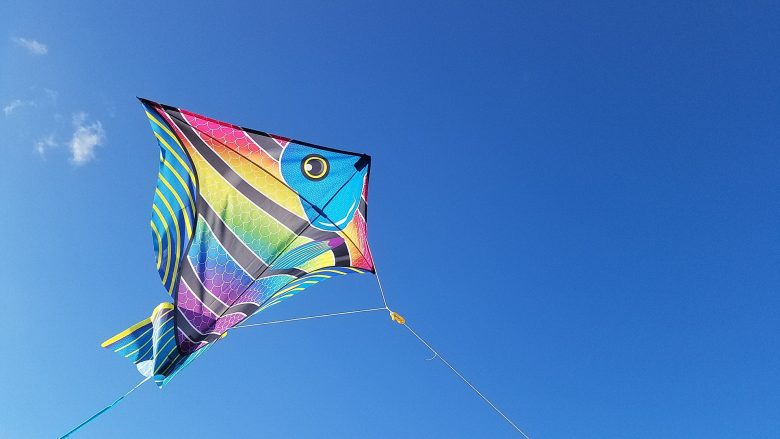
The Culinary & Folklore Customs of Clean Monday all over Crete
Clean Monday took its name from Christians and marks the spiritual and physical “purification”. In this article, we will find out all about the culinary and folklore customs of Clean Monday all over Crete! Clean Monday is the first day of Lent, the fast of Easter. It is considered by folklorists as the epilogue of the Bacchic feasts of Carnival, which essentially begin on Good Friday and end on Clean Monday. Because we Greeks, associate celebration and joy, but also mourning and suffering with food.
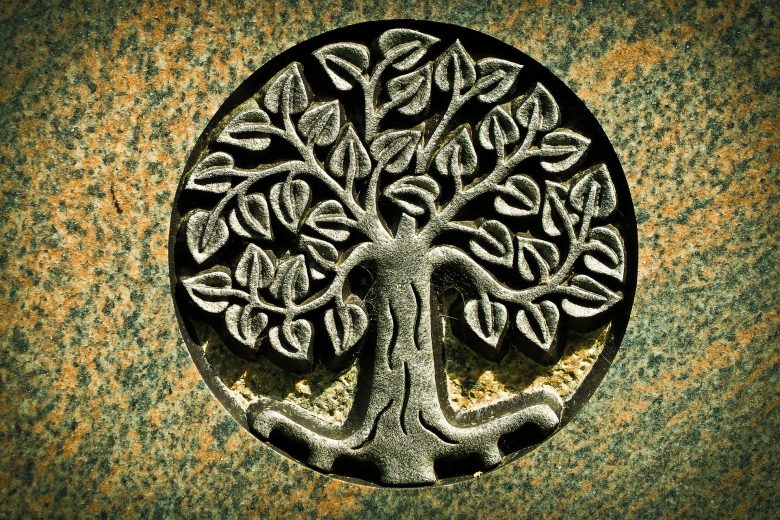
The Myth of Persephone is about Earth, Seasons, and Motherly Love
The myth of Persephone will bring you closer to nature, and your loved ones. Enjoy the glorious season of spring through the myth of Persephone and connect with the symbols and the sentiments. Who was the beautiful queen of Pluto, Persephone? Daughter of Zeus and Demeter, Persephone was worshiped mainly in rural areas – Arcadia, Messinia, Laconia, Argos, Corinth, Boeotia, Thessaly. The cult of Persephone and Demeter in Eleusis (Great Eleusinian Mysteries) was famous, while many places of worship of Persephone were identified with the place where the abduction took place (Eleusis, Ermione, Knossos).

Spring in Crete: Must-Sees, Must-Eats & Must-Dos
In this article, we have selected the most authentic ways for you to experience the very famous landmarks of Crete. Plus the most traditional taverns to taste local delicacies. There are destinations that, in the minds of most people, are «summery» or «wintery» or «springy». Sometimes the experience of breaking these molds, and traveling to winter destinations in the summer and vice versa, is fascinating. Crete is one of those cases! The experience becomes even more exciting if you consider that spring is almost summer. With warm sunny days, perfect towns, and a hinterland ideal for hiking in flowery landscapes.
